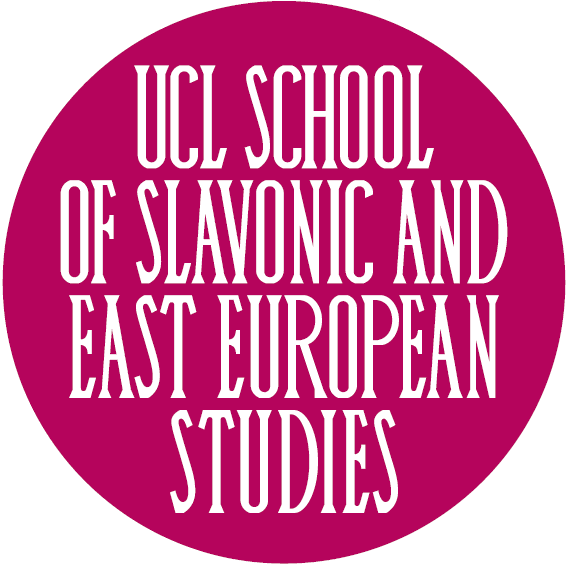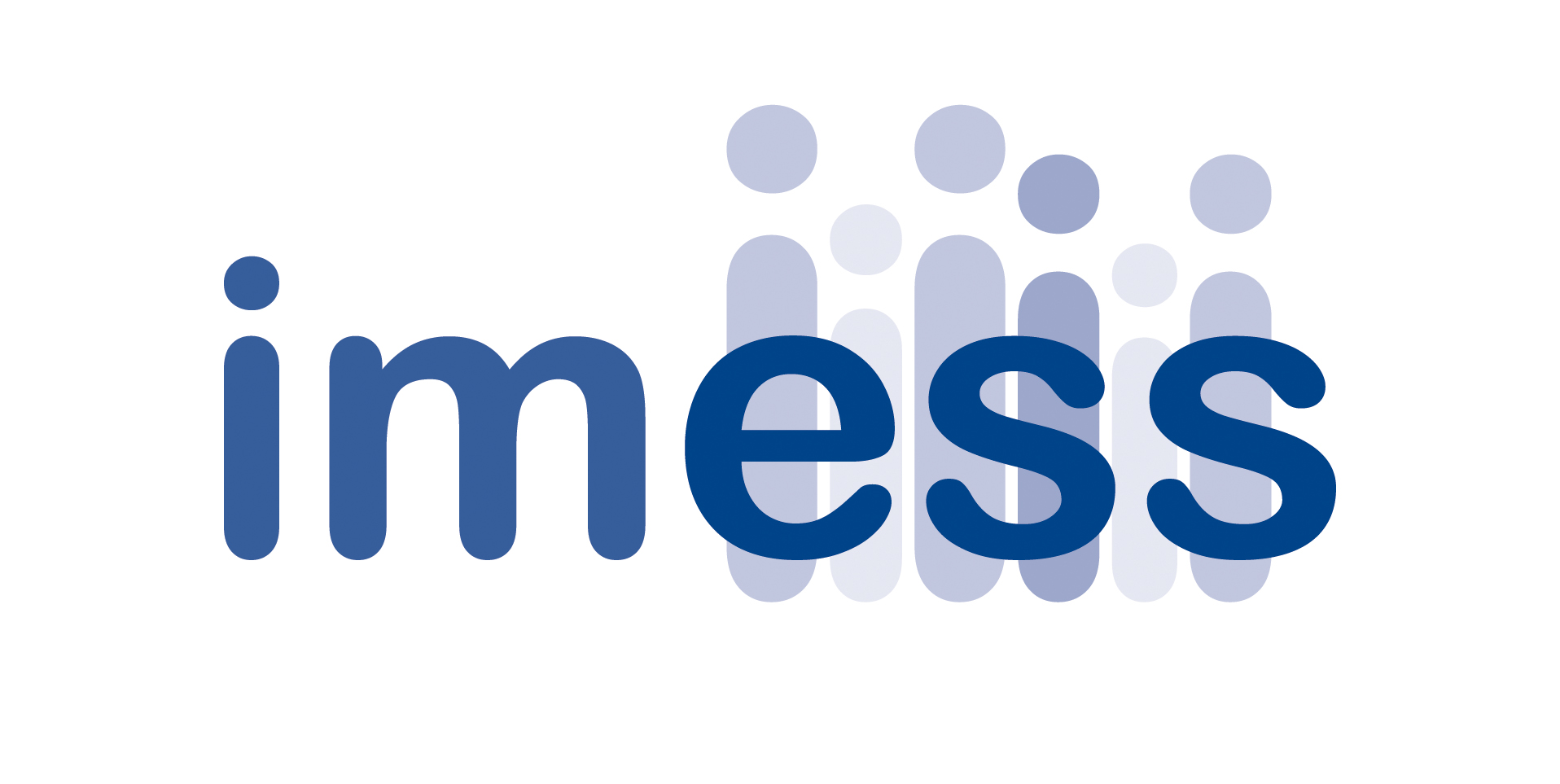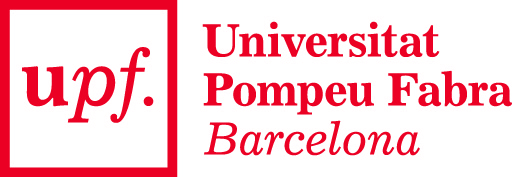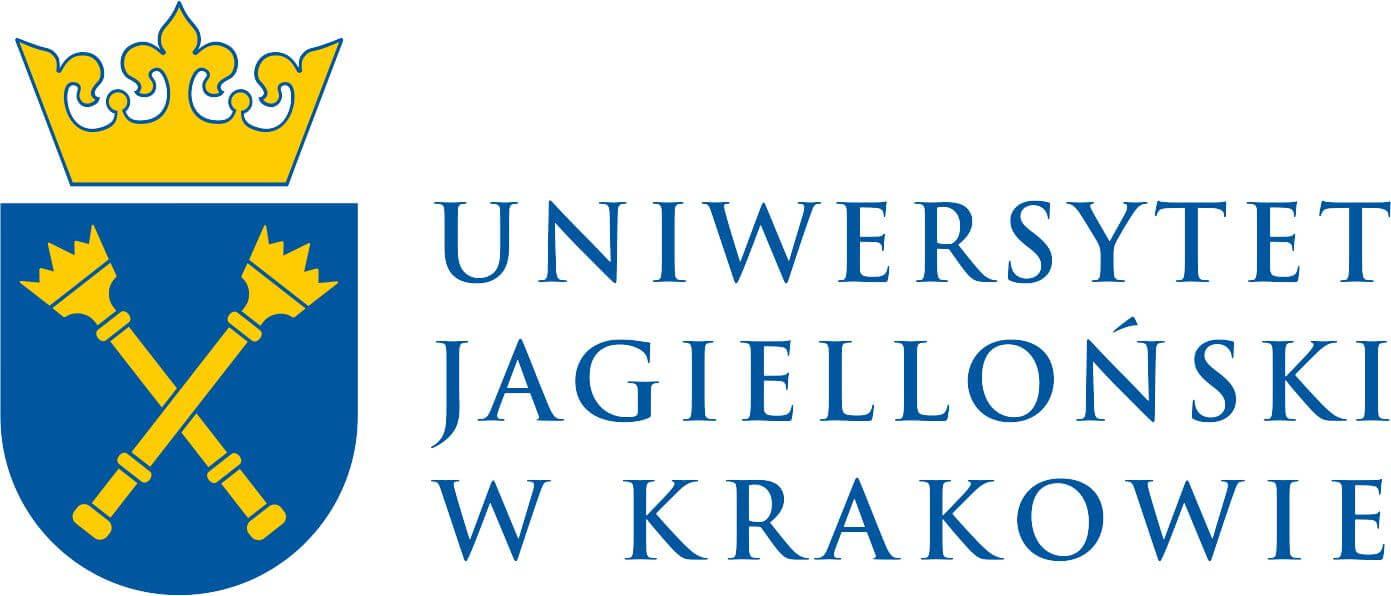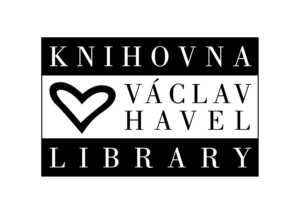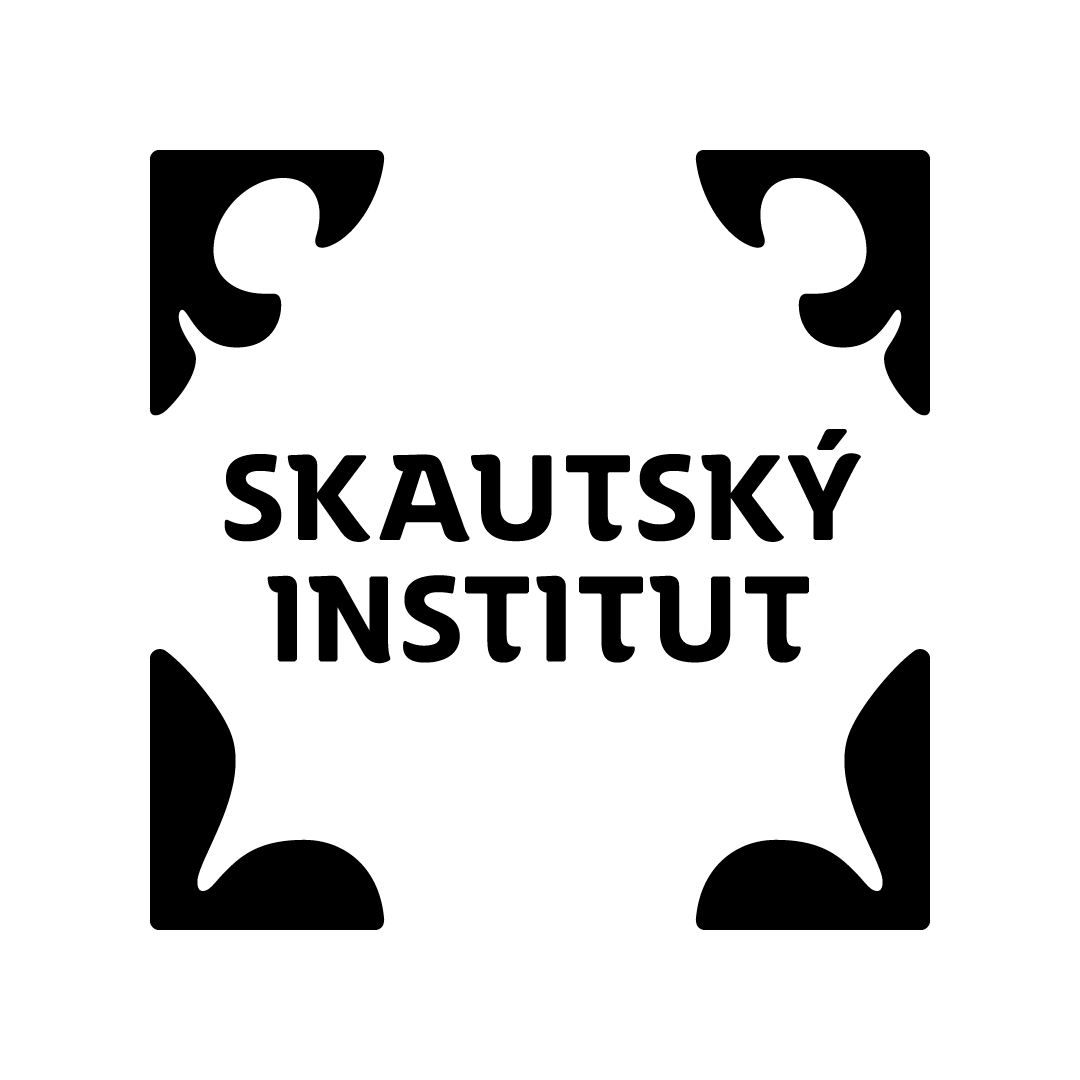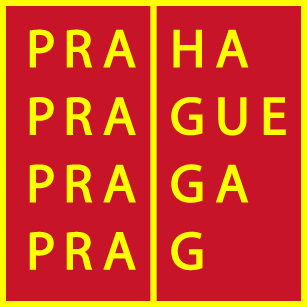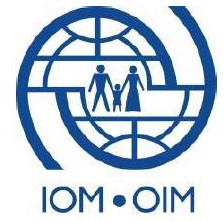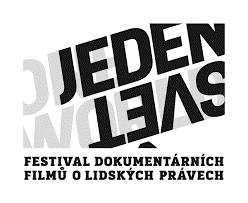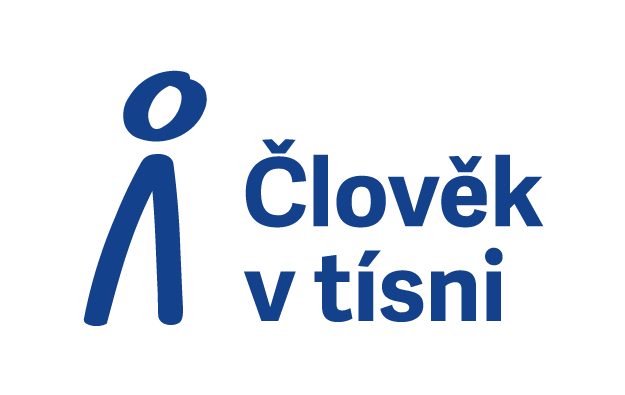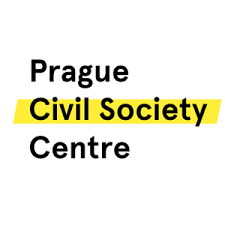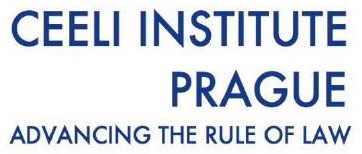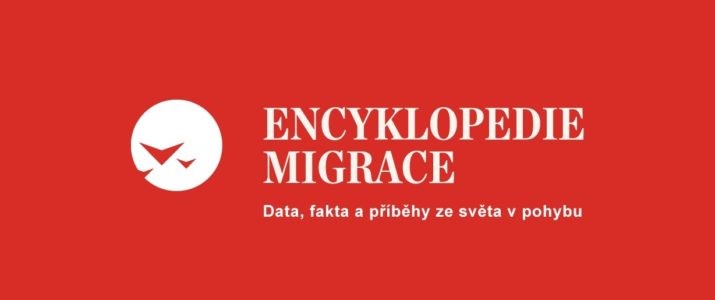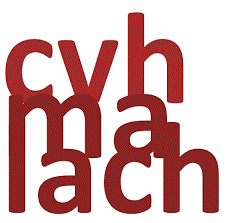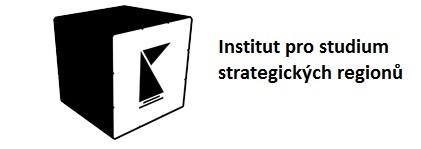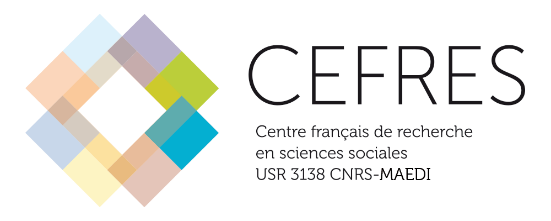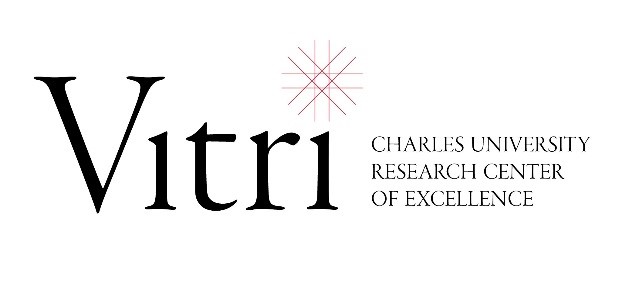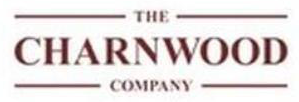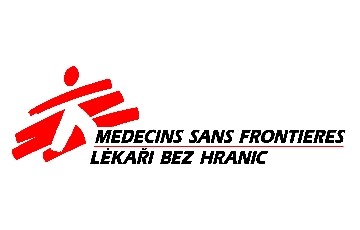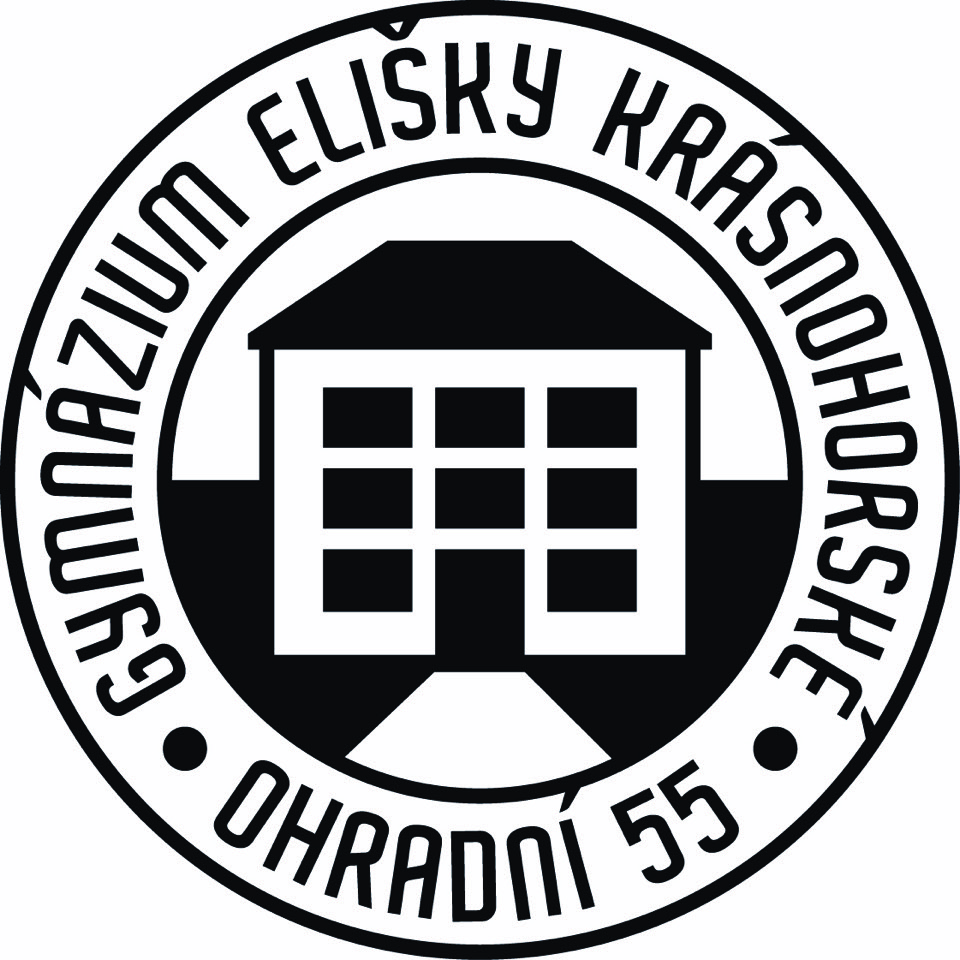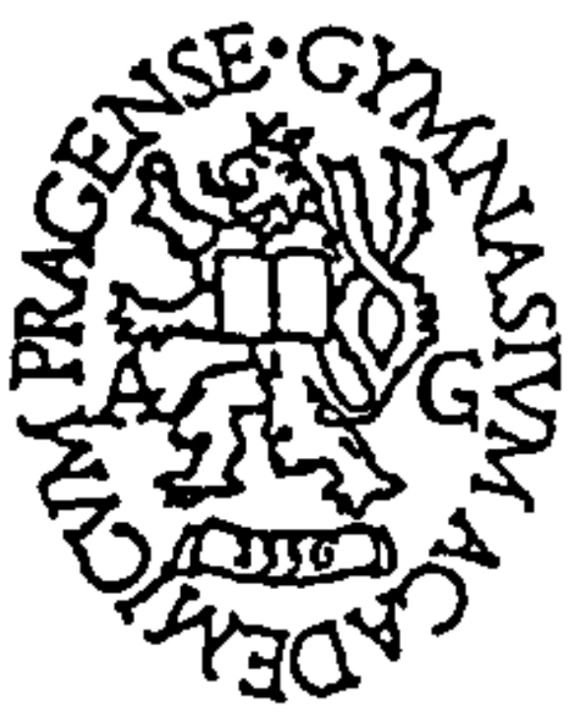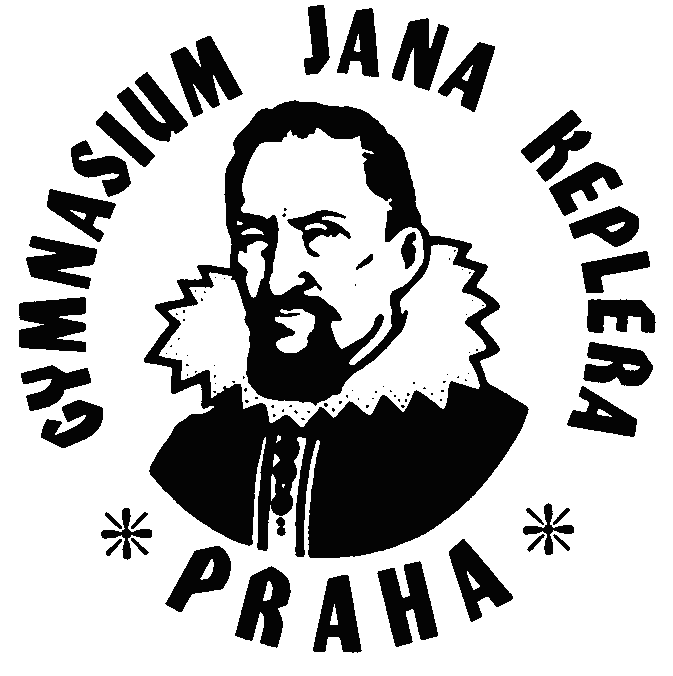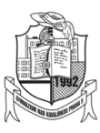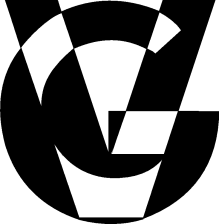FAQ
STUDIES AT IMS
Are you interested in studying at the Institute of International Studies, but you do not have a clear idea of what International Area Studies mean and what careers do the IMS FSV UK graduates pursue? Would you like to know if you will be able to participate in study abroad stays as a part of your studies? Do you wonder what emphasis IMS places on foreign languages? Have a look at the most frequently asked questions that were answered by the IMS students themselves.
FAQ
1. What does a study abroad stay look like?
- For more information, please visit the FSV International Office
- In principle, you have three options: Erasmus+, inter-university agreements and intergovernmental scholarships
- Our students go abroad within the framework of the Erasmus programme in the 2nd year of their studies at the earliest (entries are submitted in the first year), their grades, language level and motivation are taken into account
2. What is the probability of going to Erasmus - Demand x Offer?
- Over 50% of applicants will go out
- In addition to Erasmus, there are other travel options as well. In the end, almost everyone who wants will go out, see question 1
- It is possible to go out within both the Bachelor's and Master's degree studies
- For more information, please visit the FSV International Office
3. How is it with language learning?
- AS: At the Bachelor's degree level the student has to study 3 languages at 3 levels
- Language I at C1 level, language II at B2 level, language III at level A2
- For more information, please refer to the AS Academic Supervisor's Notice
- CGS: Only two languages, German C1 and English B2
- For further information, please refer to the CGS Academic Supervisor's Notice
- IAS: At the Master's degree level, the student has to study one language at level C1 (so called Language I)
- The language which was your first language in the interviews or which (in the case of direct advancement to a Master's degree based on a waiver of admission interviews due to excellent results) you had as your primary language (Language I) during your Bachelor's degree studies, is not possible to have recognized again as Language I within the framework of IAS
- For further information, please refer to the IMS FSV UK Director's Notice to Master's degree programmes
4. How difficult are the languages at entrance examinations? What emphasis is placed on the 2nd language?
- IAS: language exams from both language 1 and language 2 are at B2 / C1 level (those who graduated from the language, should not have any problems)
- Language 1 represents 20% of the IMS entrance exam and is corrected very strictly
- Language 2 represents 7% of the IMS entrance exam and is not corrected very strictly
- CGS: German only, the test ranges from a very simple level to a very hard level.
5. Are there any math-related subjects?
- No
6. Can Latin American cultural studies be studied at the IMS?
- IMS focuses exclusively on the northern hemisphere (North America, Western Europe, European Union, German-speaking countries, Balkans, Russia)
- Other regions such as Latin America or China are taught only in relation to the above mentioned regions
7. What is the difference between IMS and IPS (the Institute of Political Studies)? Why is IMS more interesting than IPS?
- IMS focuses on Area Studies, i.e. the studies of a particular state or a larger region from the perspective of more disciplines - history, geography, economics, political science, international relations, culture. The graduate is therefore an expert on a particular region. IPS deals with political science in general and on a theoretical basis, political science, international relations, political philosophy, and the focus on the region is secondary.
- Assessed from personal experience, study at IPS will focus heavily on Czech politics and political theories, at IMS the studies focus more on the history and geography of the northern hemisphere outside of the Czech Republic.
- The graduates' career opportunities are similar, of course it is also possible to graduate in the Bachelor's degree at one institute and Master's degree at the other.
8. What is the difference between IMS and International Relations at VSE (University of Economics, Prague)?
- Similar to IMS and IPS
9. Can IMS be studied together with another faculty / university?
- It is possible, but it depends to a large extent on the course schedule of both faculties / universities
- if the schedule is largely optional, it is not a problem
- if the schedule is fixed, it is more problematic
- The most common combinations are IMS + IPS, IMS + LF CU (Law Faculty, Charles University), IMS + VSE (University of Economics, Prague) combinations
- Assessed from personal experience: studying at IMS + LF CU
- LF CU: Studying law generally does not require too much preparation during the semester, more challenging is learning during the exam period
- IMS: requires full-time attendance and more work during the semester reading texts from one class to another, preparation of presentations, seminar essays - during the exam period there is less to learn than at LF CU
- In terms of interpersonal relationships and a personal approach, IMS absolutely wins as compared to LF CU and VSE !!!
- A possible option is to start two universities / two study programmes and during the first semester choose which university / study programme suits you more
- You can also study the "at random", ie. by a system of interruption, for example, when a student finishes both first years at both schools and then in the second year he/she interrupts the studies at one of the universities and finishes the second year at the second university, then interrupts the second university and finishes his/her second year at the first university. In the third year he/she then repeats this tactic. In this way it is possible to graduate at both universities in 5 years and the student spends 3 years at each of them.
10. When are entrance examinations taking place?
- National comparative exams take place in several terms
- FSV does not recognize the results of the last May term
- A written general knowledge test and a test from 2 languages will take place during the first two weeks in June
11. How many languages can I study at IMS?
- Three languages are required in the Bachelor's degree studies, and the rest depends on your initiative
- At IMS there are courses of English, German, Spanish, Italian, French, but these languages are not taught from the basic level
- Only Greek, Russian and Polish can be studied from basics at IMS
- Other languages are taught either in English (foreign language for IMS students), or you can study languages in optional courses, for example at the Faculty of Arts, the Faculty of Mathematics and Physics or the Hussite Theological Faculty
12. Is it difficult to get into IMS?
- The GAP (General Academic Prerequisites) Tests can be practiced here or as part of the NCE (National Comparative Exams) preparatory courses
- The GAP Test is not a difficult test, it only requires logical thinking and good timing
- The written exam at the IMS is about a general overview (see question 13) and about languages (see. question 3)
13. How to prepare for entrance examinations?
- Have an overview of the modern history of Europe and the US (at or slightly above the graduation level in history), about the geography of Europe and the USA (where do they lie, what is more southern, what is more eastern)
- Exam samples from previous years to be found here (in Czech only)
- Keep track of what's happening in the world
- Attend preparatory courses, for more information here (in Czech only)
14. Percentile needed to advance to Round 2?
- The admission procedure is no longer divided into two rounds, if you do not do well in the NCE, it does not mean you cannot get admitted to IMS
- NCE represents 50%, general test 23%, languages 27%)
15. What is the main focus of the studies?
- It is mostly a study of modern history and current events in the world
- In addition, the student obtains an overview in fields such as: anthropology, geography, economy, political system, legal system, socio-cultural problems, foreign policy, etc.
- IMS is mainly devoted to the northern hemisphere Areas of study and research: Balkans, European Union, German-speaking countries, post-Soviet space, North America, Central Europe and Western Europe
16. Is the CPE / CAE certificate recognized as a language test?
- Within the admission procedure it is not possible to accept a language test on the basis of any certificate, but if you have a CAE / CPE exam, the entrance exams will not pose any problem for you
- During the course of study, you can usually obtain credits / language tests (language 1 and language 2) upon agreement with the Language Centre, e.g. without attendance, the third language can be recognized entirely on the basis of the certificate
- You can take advantage of the language certificates for the admission procedures for the Erasmus programme, where they are often required
17. What is the realistic chance of getting a job (e.g. in international organizations)? Do you have any interesting examples?
- Analysts, advisers, commentators on political, economic and cultural developments abroad, academics, editors, journalists, ministerial officials, managers
- State administration in the Czech Republic, (Ministry of Foreign Affairs of the Czech Republic, the office of the President of the Czech Republic, the Office of the Government of the Czech Republic, ...), non-profit organizations and foundations (People in Need, International Migration Organization, ERA, etc.), the media, universities and the private sector
- International institutions and organizations abroad (European Commission, European Parliament, OSCE, ...), universities, think-tanks,the private sector
- You can see important IMS graduates here
18. What should I do if I want to attend preparatory courses, but I live far away, and I would not have time for them?
- Study, study, study :)
- You can get a good overview by studying Encyklopedie moderní historie (Encyclopedia of Modern History) by Marek Pečenka and Petr Luňák
- You can find information about the preparatory courses here (in Czech only)
19. What will I become?
- A flexible graduate with lots of useful contacts and a great chance for a good job!
- A person capable of critical thinking and evaluation of sources and literature, with good oral and written discourse and an understanding of the historical, political, social and economic context. You will be orientated in international organizations, have a good command of foreign languages, an overview of contemporary events in the world and knowledge of international relations.
- Historian, political scientist, "lawyer", sociologist and a little (but only a little:)) economist
- An IMS graduate finds connections where no one sees them, and even where they are not!
- Simply a Ferrari 458 among university graduates!
Other useful information can be found on the Institute's website on the “APPLICANTS” heading, in the IMS Presentation, or on the Doors Open Day (only for Czech speaking applicants),which takes place every January.
If you have any further questions, do not hesitate to contact SSGR, the IMS Student Self-Government either on Facebook, by e-mailem, or the Deputy Director of Studies, doc. Jiří Vykoukal.


